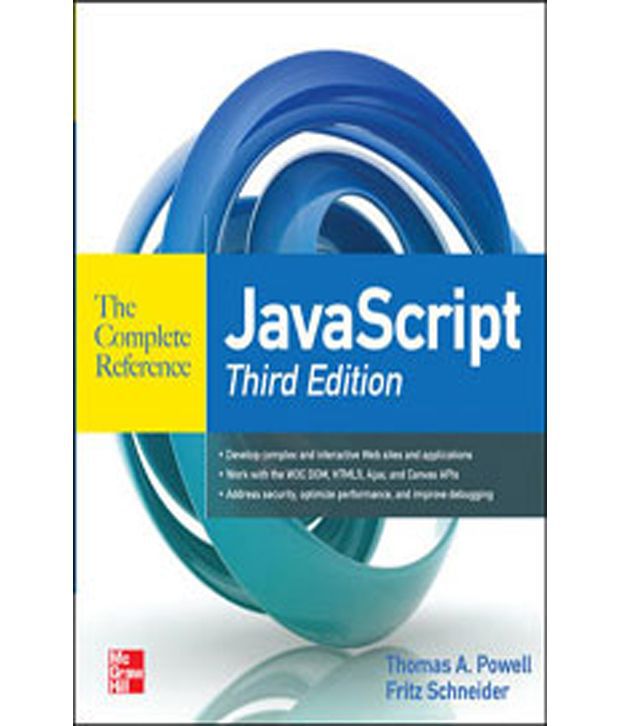


You can write JavaScript in a functional programming style, with its first-class functions, or even in an imperative style (C-like). You can write JavaScript using an object-oriented paradigm, using prototypes and the new (as of ES6) classes syntax. multi-paradigm: the language does not enforce any particular programming paradigm, unlike Java for example, which forces the use of object-oriented programming, or C that forces imperative programming.In practice, browsers do compile JavaScript before executing it, for performance reasons, but this is transparent to you - there is no additional step involved. interpreted: it's commonly known as an interpreted language, which means that it does not need a compilation stage before a program can run, as opposed to C, Java or Go for example.loosely typed: as opposed to strong typing, loosely (or weakly) typed languages do not enforce the type of an object, allowing more flexibility but denying us type safety and type checking (something that TypeScript - which builds on top of JavaScript - provides).

You can reassign any type to a variable, for example, assigning an integer to a variable that holds a string.

high level: it provides abstractions that allow you to ignore the details of the machine where it's running on.JavaScript is a programming language that is: It's so popular that everything new that shows up is going to have some kind of JavaScript integration at some point. create programs for microcontrollers and the internet of things.create mobile applications using tools like React Native.I believe it's a great choice for your first programming language ever.īut JavaScript is not limited to these things, and it can also be used to JavaScript is one of the most popular programming languages in the world.


 0 kommentar(er)
0 kommentar(er)
